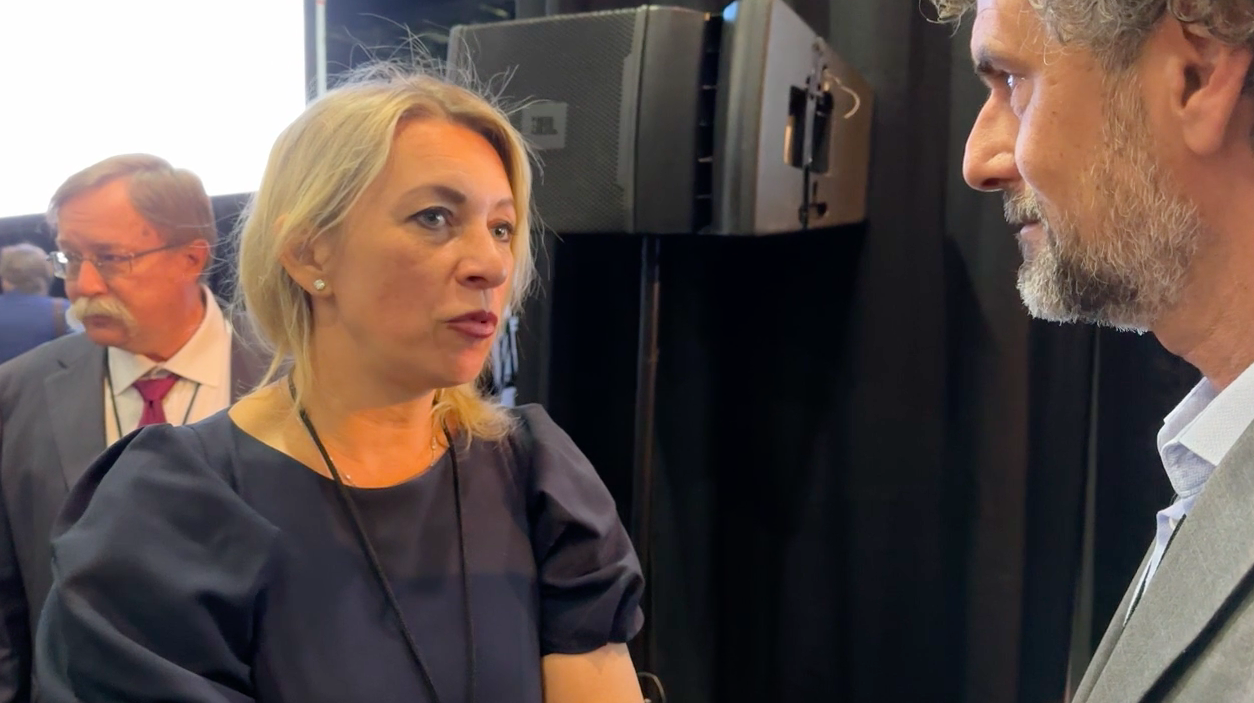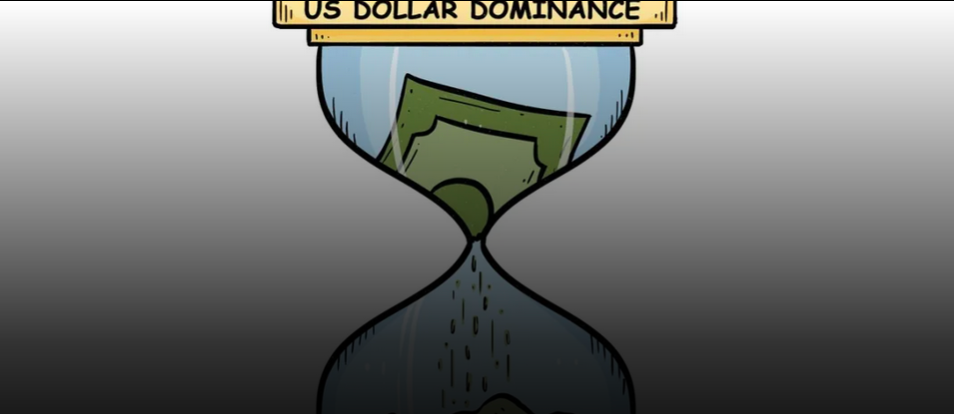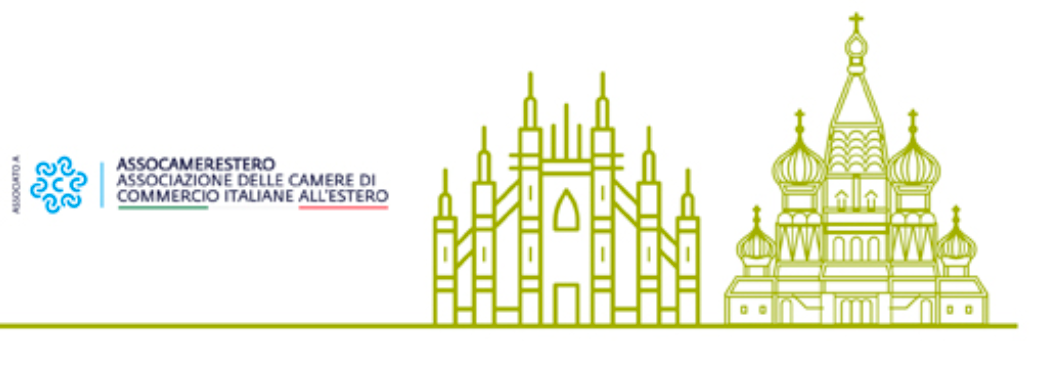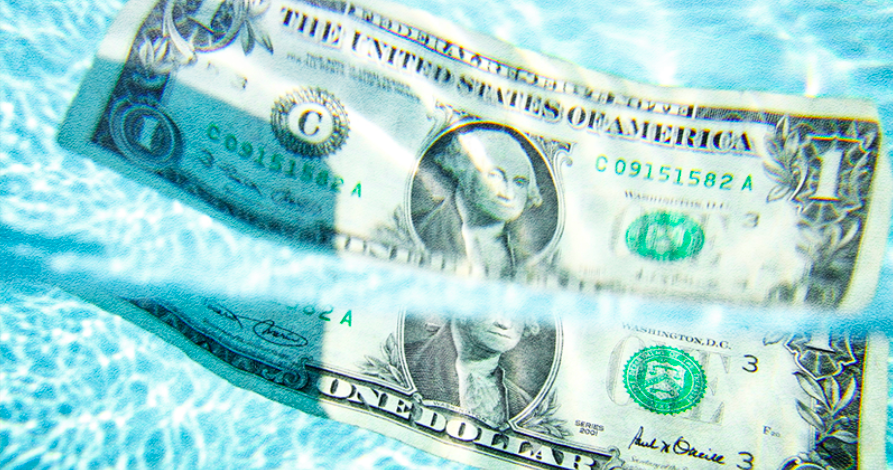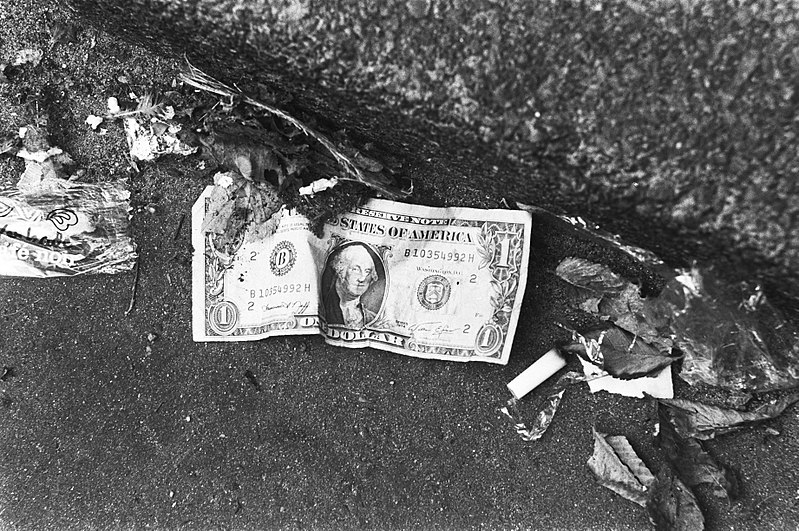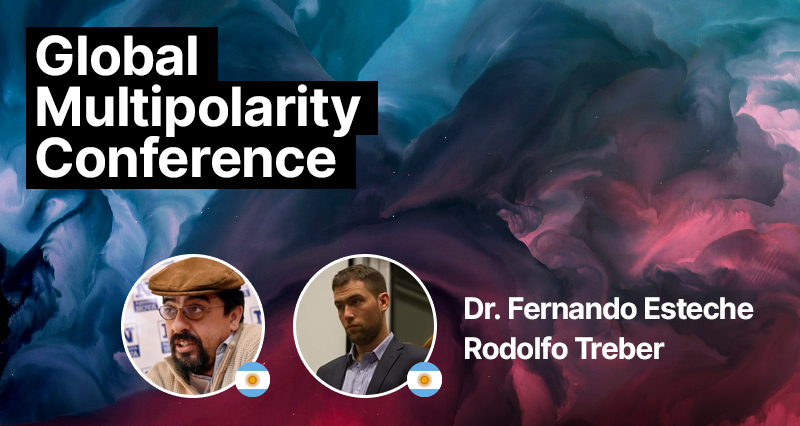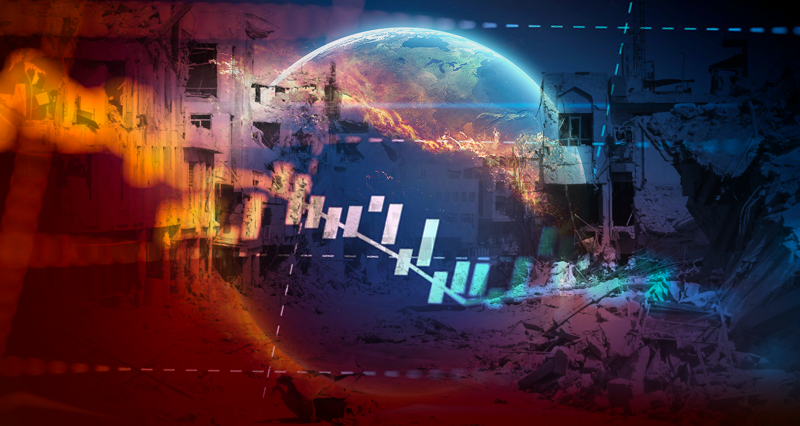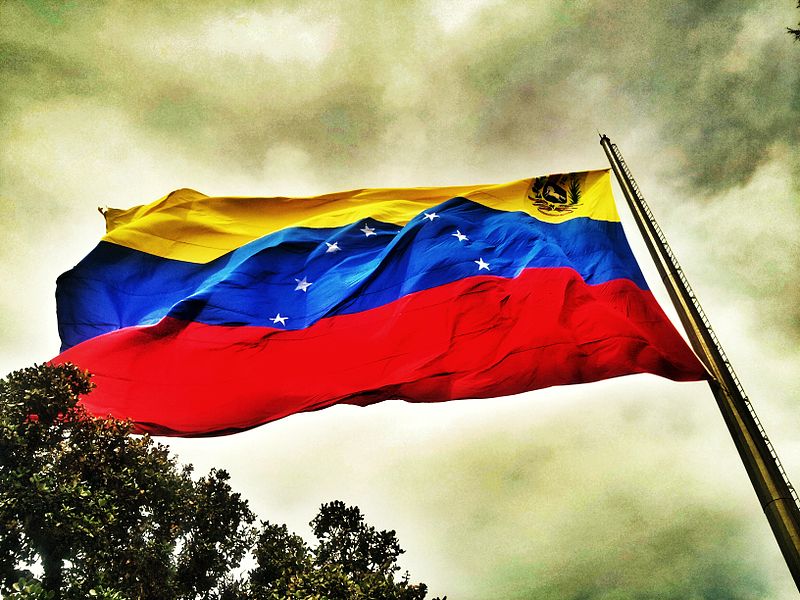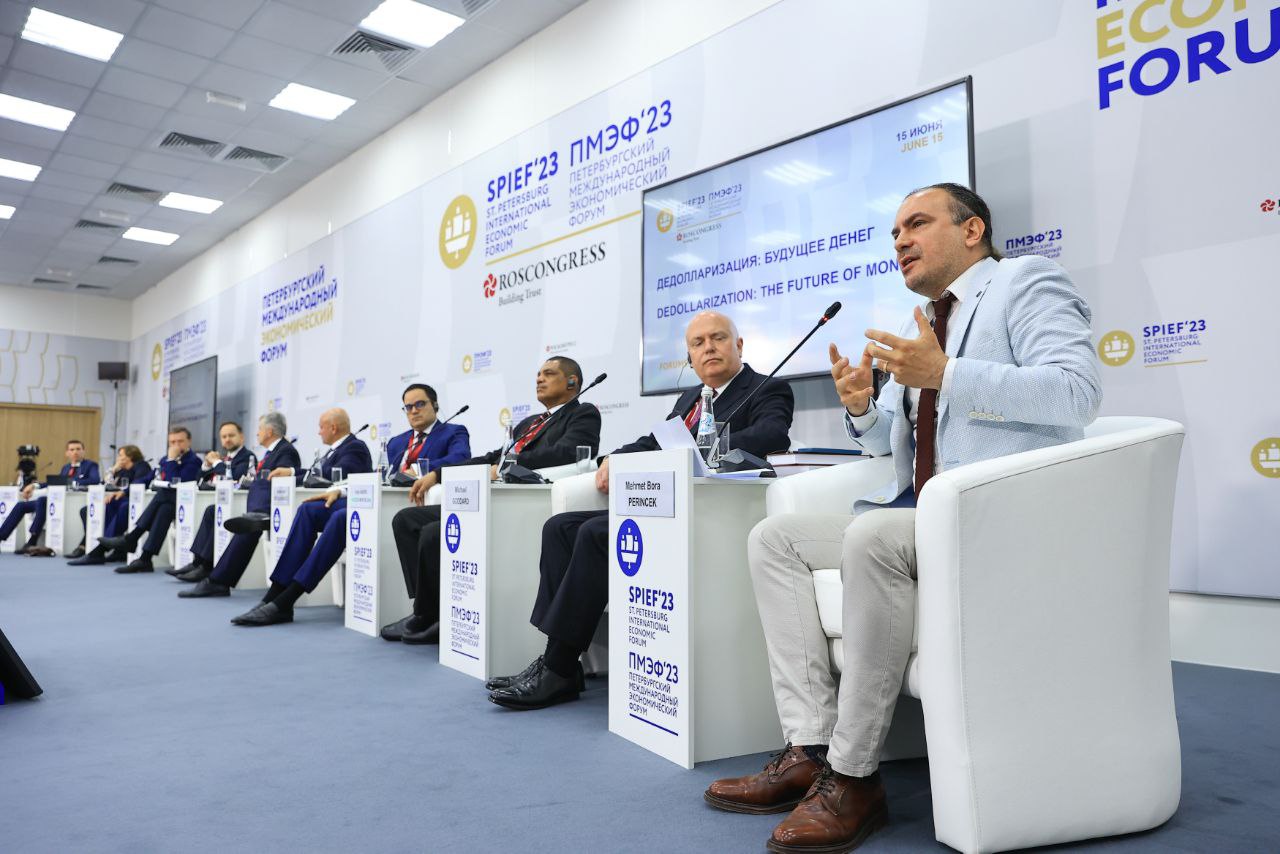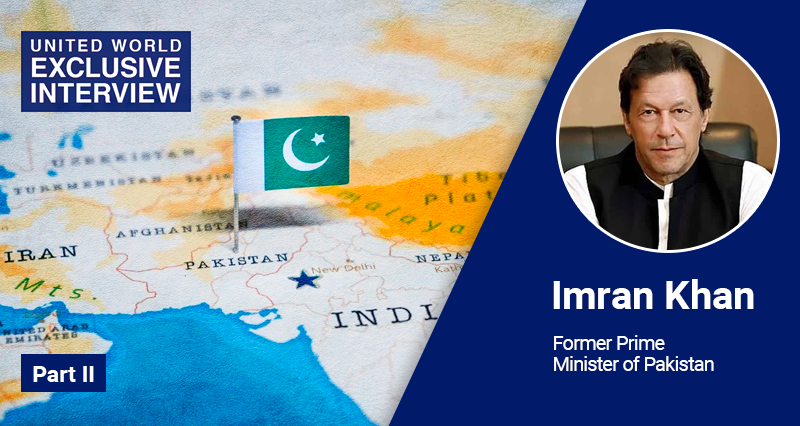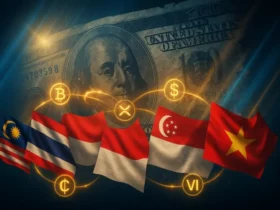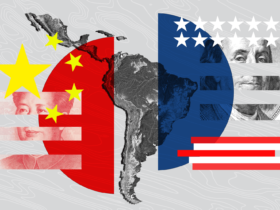During the BRICS summit in South Africa, we had the chance to briefly interview Maria Zakharova, spokesperson of the Russian Foreign Ministry. One of the main topics of the summit, the use of national currencies in international trade was in our focus. So, what means de-dollarization or national currency for you? What’s the advantage of it? You know, very often ...
By Prof. Alfredo Jalife-Rahme * The hypothesis has been defended here that the war in Ukraine gets a multidimensional nature when the military battlefield has been extrapolated to two serious crises of global impact –energy and food– and, above all, to one in the Global South that seeks to break free from the US dollar through the very fashionable de-dollarization. ...
By Vladimir Stroev – Rector of the State University of Management In modern conditions, the association of the BRICS countries (Brazil, Russia, India, China and South Africa) is becoming an increasingly powerful alliance, represented by the largest developing states, which have already surpassed the key developed economies in terms of their economic potential. The BRICS countries, which occupy 30% of ...
The Italo-Russian Chamber of Commerce is considering the creation of a mechanism that would allow Russian companies to pay for non-sanctioned Italian products in rubles, as announced by the President of the organization, Ferdinando Pelazzo, to the Russian media. “We want to create a system that allows the Russian buyer to pay us in rubles, and then we can transfer ...
Last week we took a “trip” through the de-dollarization process that we characterize as inevitable. Today we will continue the analysis trying to reach some conclusions while considering that it is still not clear what will be the alternative to the dollar as the main currency. Several options are available. One of them will emanate from the decision taken by ...
In previous articles we have said that imperial power is based on three pillars: its great military apparatus, its undoubted superiority in terms of control of the global cultural-media apparatus and the self-granted power of being the holder and sole issuer of the dollar – a currency that plays the role of the main exchange instrument for world trade. In ...
United World International continues publishing papers that were presented to the Global Multipolarity Confernce held on April 29. The conference was organized by Nova Resistência (Brazil), the New International Order Initiative (Türkiye), the International Eurasian Movement (Russia), the Thinkers’ Forum (China) and the International Russophile Movement. Today we present the speech of Prof. Dr. Fernando Esteche from the University of ...
The present still dominant global economic system is a generalized, expanded and globalized form of the one prevailing in western capitalism during the 19th century, based on the same neoclassic economic doctrines. The previous form of “neo-classic” capitalism has provoked the two big economic crises (1873 and 1929), two world wars, the Russian Revolution and the rise of Nazism in ...
In the heart of Latin America, there is an enchanting country nestled between the mountains and the Caribbean coastline, the Bolivarian Republic of Venezuela – a nation that has found itself at the center of a complex economic and political situation. During a month-long trip to this fascinating country, I had the opportunity to discover the true soul of the ...
The St. Petersburg International Economic Forum commenced on June 16th. The forum saw the participation of numerous leaders and ministers from Asia to Africa, including Russian Federation President Vladimir Putin who delivered a speech. The forum addressed the issues of multipolarity and alternative currencies to dollar. Dr. Mehmet Perinçek, United World International author and the Vatan Party (Türkiye) representative in ...
By Dure Akram for UWI reporting from Lahore, Pakistan In an interview to UWI, the former Prime Minister of Pakistan speaks of India’s foreign policy as an example to follow, calls Afghanistan “a future life line” and blames his government of not establishing according relations “due to fear from the U.S.”. Mr. Khan also predicts progress of de-dollarization and hails ...
Reporting from Brazil Lula da Silva decided to make his first official international visit, since he assumed the presidency of Brazil for the third time, to Argentina, thus affirming the strategic relationship between the two largest economies of the Southern Common Market (Mercosur). The visit took place within the framework of the VII Summit of Heads of State and Government ...







